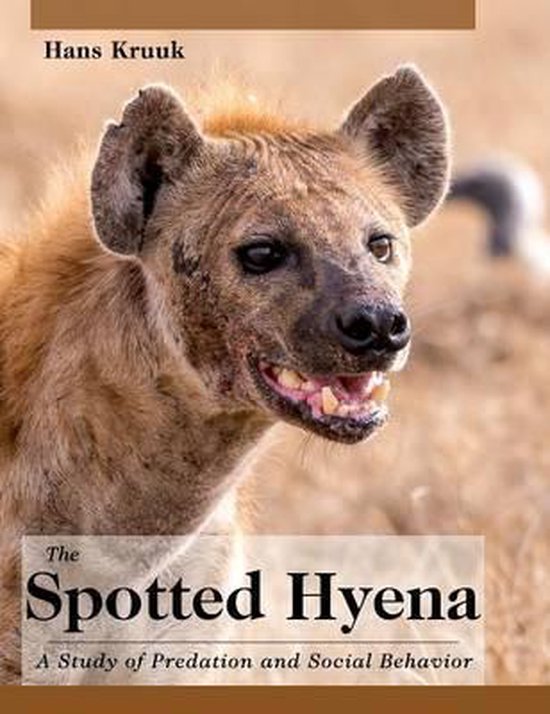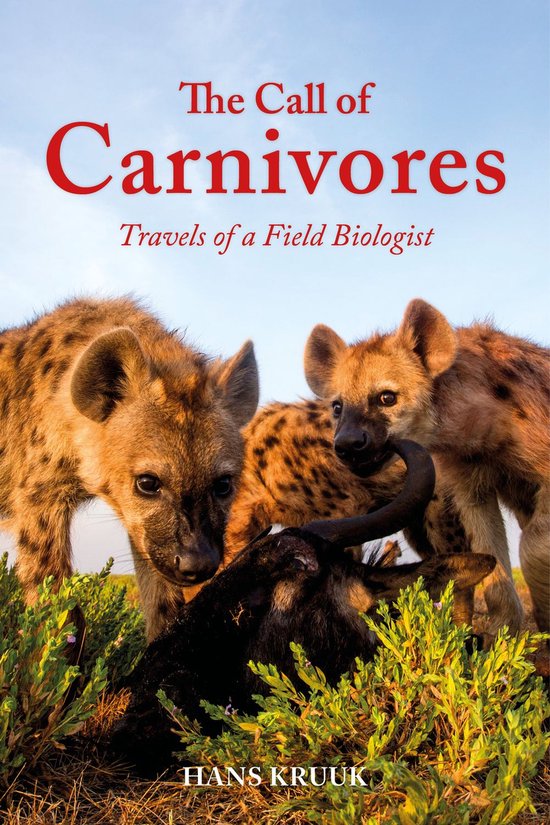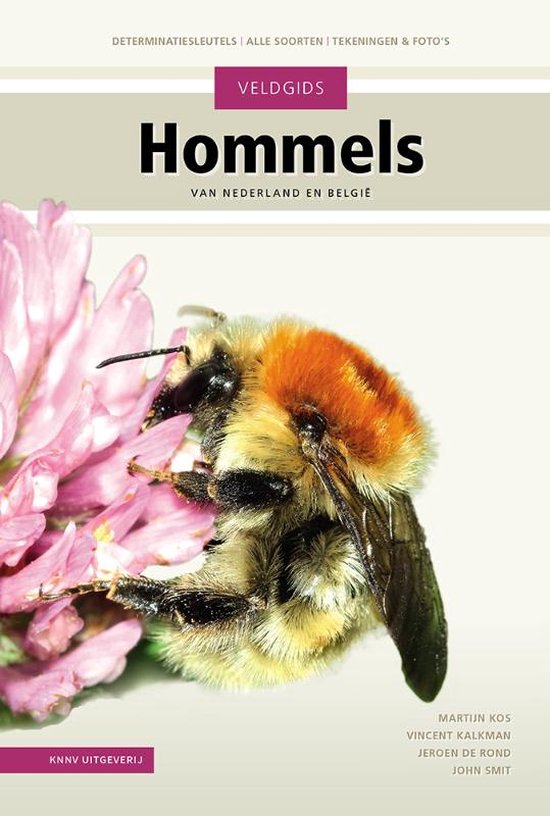
The Spotted Hyena
"
In this seminal study, Hans Kruuk redefines the image of the spotted hyena, not as a common scavenger, but as a complex matriarchal predator with links to human evolution. ""The Spotted Hyena"" is the first study to capture the true behavior and ecology of these formidable predators, who instinctively adapt their social structure to meet their ecological needs. Kruuk's research reveals for the first time that hyenas combine carnivorous habits with group territoriality, thus drawing parallels between their existence and that of wolves, lions, and arguably early humans.
In addition to being lovable rogues, spotted hyenas are sophisticated hunters that live in complex communities of up to 80 animals. Covering more than broad facts about this species, Kruuk addresses the vital questions concerning hyena behavior such as why females are dominant, why lions scavenge from hyenas, why hyenas hunt zebra and wildebeest differently, and how their social behavior correlates with ecology.
Since its original publication, ""The Spotted Hyena"" has transformed the common perception of the spotted hyena. With nearly 2,000 citations in scientific literature, ""The Spotted Hyena"" has become a classic work and trailblazer for linking changes in animal behavior with the environment, in addition to its concentration on a large carnivore that shares several characteristics with select primates.
Although this is a science book, Kruuk skips the jargon and complicated theory, thus making its conclusions easily accessible to any student of natural history, African predators, or social behavior within animal communities. ""The Spotted Hyena"" features exciting field notes in addition to comprehensive graphs and tables that have made it an invaluable contribution to behavioral ecology and its methodology.
Hans Kruuk studied hyenas while living in the wilderness of Africa's Serengeti and Ngorongoro Crater for many years. After completing his doctorate with Nobel Prize winner Niko Tinbergen at the University of Oxford, Kruuk was asked by the former Tanganyika (now Tanzania) National Parks to study predation in the Serengeti. Kruuk focused on the most important carnivore there—the spotted hyena—and co-founded the Serengeti Research Institute in Tanzania to carry out his research. Many years later in 1997, he retired emeritus from his position as Senior Principal Research Officer at the Institute of Terrestrial Ecology in Banchory, Scotland.
Kruuk has carried out research projects on mammals and birds on all continents, published seven books and over 120 scientific papers. Among his awards are scientific medals from the Zoological Society of London and British Mammal Society, and secondary Doctorate of Science from the University of Aberdeen where he is also Honorary Professor."
In this seminal study, Hans Kruuk redefines the image of the spotted hyena, not as a common scavenger, but as a complex matriarchal predator with links to human evolution. ""The Spotted Hyena"" is the first study to capture the true behavior and ecology of these formidable predators, who instinctively adapt their social structure to meet their ecological needs. Kruuk's research reveals for the first time that hyenas combine carnivorous habits with group territoriality, thus drawing parallels between their existence and that of wolves, lions, and arguably early humans.
In addition to being lovable rogues, spotted hyenas are sophisticated hunters that live in complex communities of up to 80 animals. Covering more than broad facts about this species, Kruuk addresses the vital questions concerning hyena behavior such as why females are dominant, why lions scavenge from hyenas, why hyenas hunt zebra and wildebeest differently, and how their social behavior correlates with ecology.
Since its original publication, ""The Spotted Hyena"" has transformed the common perception of the spotted hyena. With nearly 2,000 citations in scientific literature, ""The Spotted Hyena"" has become a classic work and trailblazer for linking changes in animal behavior with the environment, in addition to its concentration on a large carnivore that shares several characteristics with select primates.
Although this is a science book, Kruuk skips the jargon and complicated theory, thus making its conclusions easily accessible to any student of natural history, African predators, or social behavior within animal communities. ""The Spotted Hyena"" features exciting field notes in addition to comprehensive graphs and tables that have made it an invaluable contribution to behavioral ecology and its methodology.
Hans Kruuk studied hyenas while living in the wilderness of Africa's Serengeti and Ngorongoro Crater for many years. After completing his doctorate with Nobel Prize winner Niko Tinbergen at the University of Oxford, Kruuk was asked by the former Tanganyika (now Tanzania) National Parks to study predation in the Serengeti. Kruuk focused on the most important carnivore there—the spotted hyena—and co-founded the Serengeti Research Institute in Tanzania to carry out his research. Many years later in 1997, he retired emeritus from his position as Senior Principal Research Officer at the Institute of Terrestrial Ecology in Banchory, Scotland.
Kruuk has carried out research projects on mammals and birds on all continents, published seven books and over 120 scientific papers. Among his awards are scientific medals from the Zoological Society of London and British Mammal Society, and secondary Doctorate of Science from the University of Aberdeen where he is also Honorary Professor."
| Auteur | | Hans Kruuk |
| Taal | | Engels |
| Type | | Hardcover |
| Categorie | | Wetenschap & Natuur |


